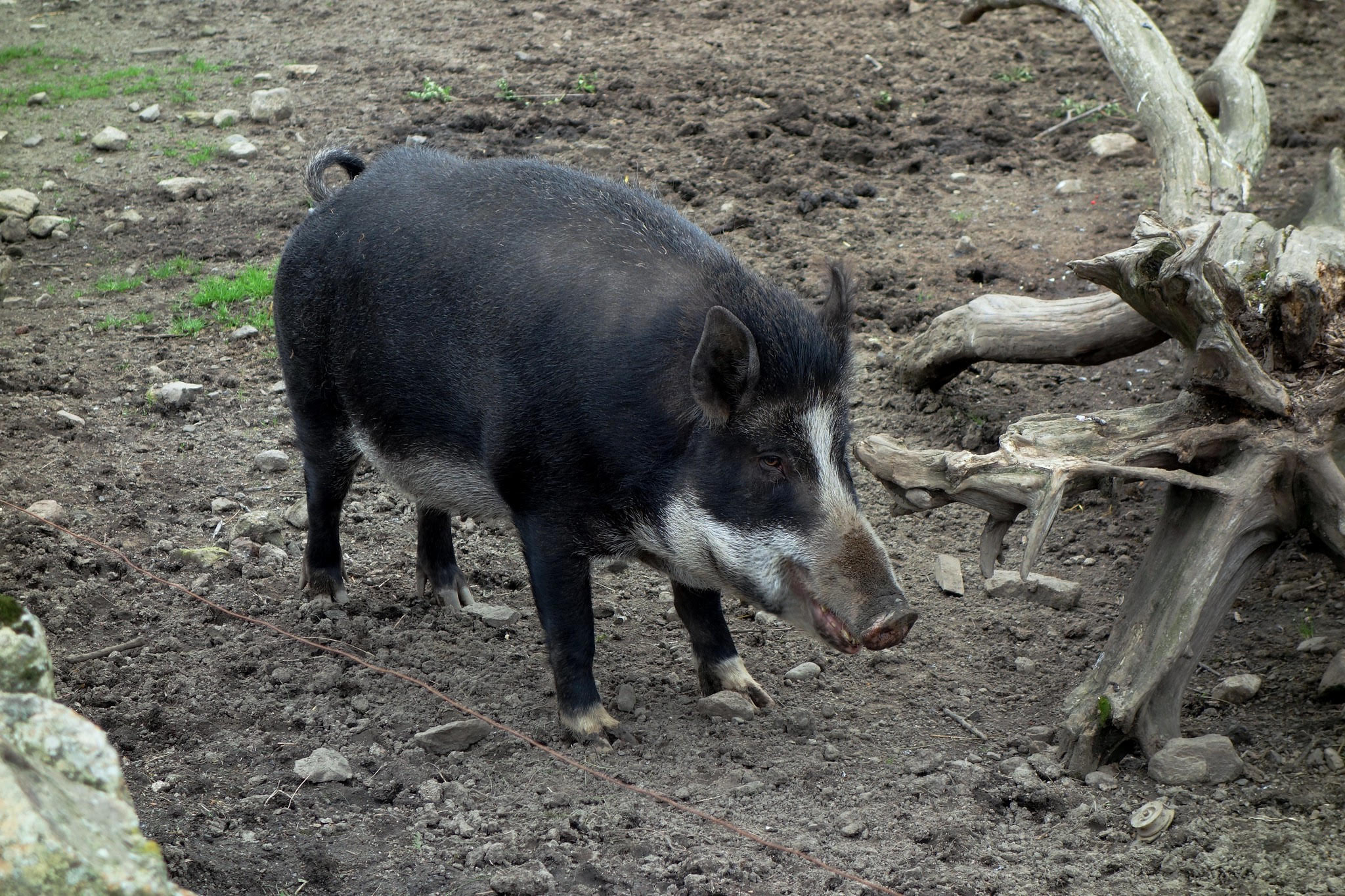
The first serologic survey of animals in southern France reveals that Crimean-Congo hemorrhagic fever virus (CCHFV), which is fatal in up to 40% of people, has been circulating among cattle and wildlife for years, with antibodies against the tickborne virus identified in over 2% of samples.
Researchers in Montpellier, France, used enzyme-linked immunosorbent assays (ELISA) and pseudo-plaque reduction neutralization tests (PPRNT) to detect CCHFV antibodies in blood samples from 8,609 cattle and 2,182 wild animals (eg, wild boars, red deer) from 2008 to 2022.
One of the deadliest viruses, CCHFV recently expanded into Western Europe via Hyalomma ticks carried by migratory birds. It was already circulating in Africa, the Balkans, the Middle East, and Asia. There is no vaccine or antiviral drug for the illness.
The findings were published yesterday in PLOS One.
Risk factors for infection
In total, 2.04% of cattle and 2.25% of wild animals tested positive for CCHFV antibodies, with higher rates seen in the Pyrenees-Orientales and Hautes-Pyrenees regions along the Spanish border.
These findings reveal spatial clusters of CCHFV circulation and suggest the existence of enzootic [continual] transmission cycles involving local tick vectors and animal hosts.
Risk factors that influenced seropositivity in cattle were older age and living in a natural open habitat, while male sex and geographic location affected wildlife seroprevalence.
"These findings reveal spatial clusters of CCHFV circulation and suggest the existence of enzootic [continual] transmission cycles involving local tick vectors and animal hosts," the authors wrote. "These findings highlight the importance of environmental and anthropogenic factors in shaping the dynamics of CCHFV transmission."
"It also raises questions about the role of additional tick vectors, such as Hyalomma lusitanicum, in the transmission cycle," they added. The team called for continued surveillance and integrated approaches to monitor zoonotic pathogens.
In related news, the University of California-Riverside has received a 5-year, $3.4 million grant from the National Institutes of Health to detect CCHFV antibodies in survivors in Kazakhstan, Turkey, and Uganda. The team will also explore how the immune system attacks the virus and will work to develop monoclonal antibody treatments against different strains.













